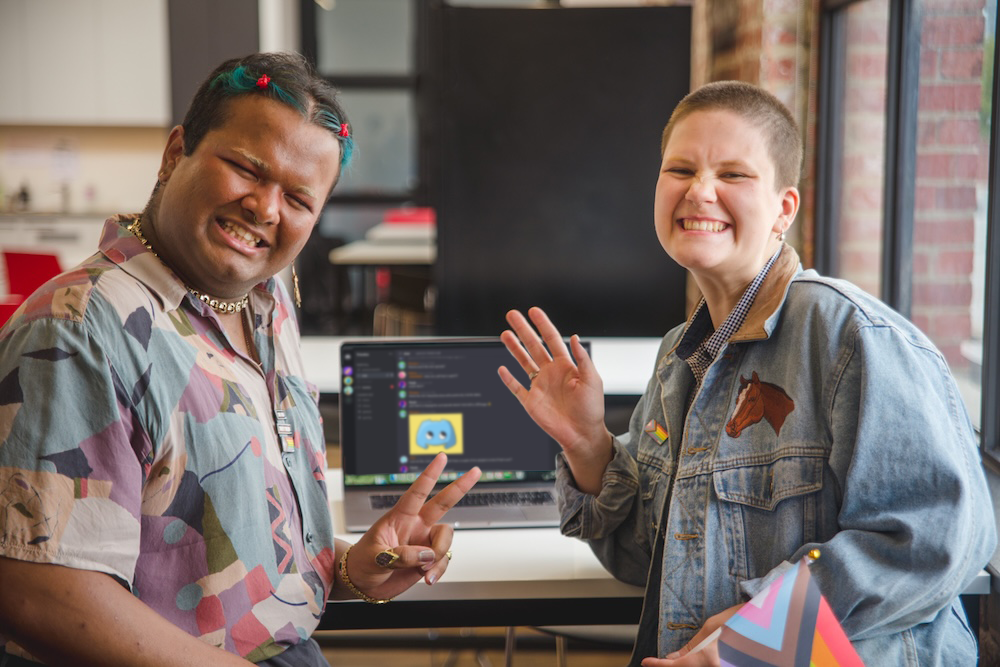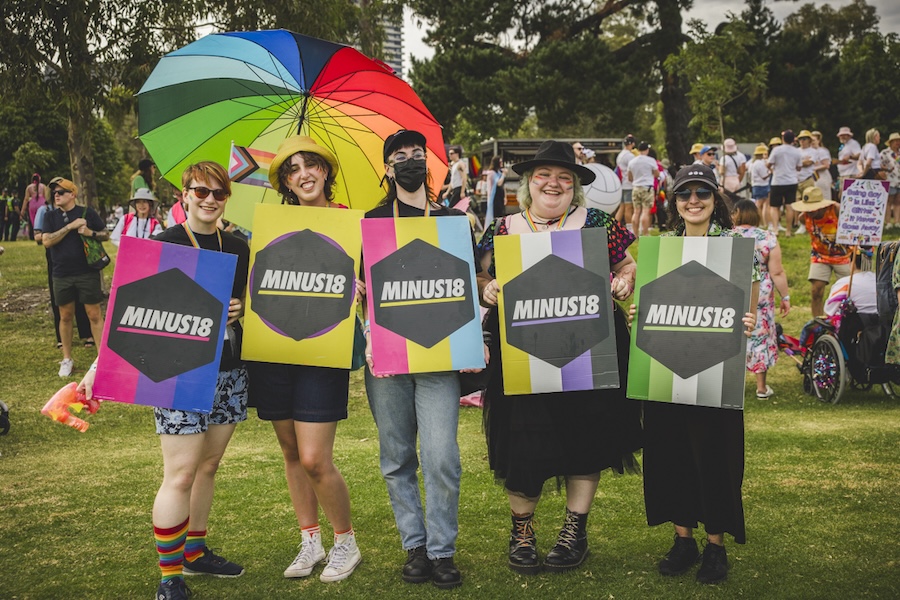
How to get a sexual health check-up
There are a lot of positives to having sex. It’s good exercise, it reduces stress, it improves your mood and it feels good. Obviously it’s not for everyone, but for those that like to dabble – there are plenty of upsides!
That said, there are a few risks involved in having sex, so it’s always best to be safe. The obvious thing to do is to wear protection, such as condoms and dental dams, but even then you’re not totally risk free.
What is an STI?
A Sexually Transmitted Infection (STI) is term used to describe a variety of different infections that can be passed on during sexual activity, including skin to skin, and contact with the vagina, anus, penis, and with oral sex.
There are heaps of different varieties of STIs, and the most effective way to prevent them is to use protection, such as a condom on sex toys and penises. For many people, STIs are a reality of being sexually active and protection isn’t 100% effective.
How can I tell I have one?
Every STI has different symptoms. They'll often be a rash, bumps or burning sensation in the genital or mouth area.
It’s important to remember though: most of the time, STIs will have no immediate signs or symptoms. So the only way to know for certain is to have a sexual health test.
When to get tested
Everyone who is sexually active should go for a sexual health test every three to six months (three months when you have multiple, different sexual partners). You should also get an additional test if you think you have a symptom (burning when you pee or poop, a rash around your genitals, bumps, etc).
You can also get a test if you sleep with someone and later find out that they have an STI. Using protection is crucial, but not always 100% effective, so getting into the habit of regular check-ups gives you peace of mind.
Okay, I want to get tested!
Nice! Getting tested regularly should be part of the calendar for everyone who is sexually active. If it’s new, it can seem a bit daunting or awkward, so here's what you need to know.
Where to go to get tested
Your regular doctor can perform a sexual health check up. Let's be real though, not everyone wants to go to their regular doctor for that check up for a lot of reasons – it could cost more, or you may like to just speak to someone who specialises in sexual health. You can talk to your parents about going if you aren’t able to book yourself.
Sexual health clinics specialise in sexual health check ups. There are even some that a free, and some that are for queer and trans people too.
The clinics that specialise in sexual health are sometimes easier to go to for your first time since they have specially trained nurses and staff who can make the whole experience a lot less awkward. If you’re in Melbourne you can check out:
Melbourne Sexual Health Clinic – Melbourne CBD
Family Planning Victoria – Boxhill and Melbourne CBD
Prahran Market Clinic (Costs money, but is queer friendly)
Equinox (Health clinic for trans and gender diverse people)
If you’re outside of Melbourne, try googling “sexual health clinic” and your city.
Here's what you need to know
Any medical professional that you see will respect your rights and keep things confidential. Even if it’s the same family doctor that you have been going to for years and was a guest at your mum’s last birthday, by law they are not allowed to tell anyone the results of your test aside from you.
This can still be a little bit tricky if your parents pay the bill or you are still on their Medicare, so if this is an issue for you then raise it with the clinic and they will find a solution.
What does getting tested involve?
The tests themselves aren’t actually bad! These days you you usually get instructions from the doctor or nurse and then go into the bathroom and do it yourself. If you have symptoms (like a rash, itching, or sores) the doctor might take a quick look before the tests.
Swabs: For STIs that live in the throat, urethra, vagina or anus, you’ll likely be given a tiny swab (like one of those things you use to clean your ears). When in the bathroom you then just insert the tip and put it into a ziplock bag.
Urine Test: You’re probably going to have to pee into a little bottle and you may have to show any affected area to the nurse or doctor, but only if you feel comfortable to do so.
Blood Tests: Sometimes a blood test will be involved. There are two ways blood tests are done depending on the clinic. Sometimes it will be done through a tiny prick in your finger and a few drops of blood. Other times they will take blood from your arm. The nurses will always do these ones, and you can look away if you don’t want to watch. Most of the time you won’t feel a thing and it’s over in a few seconds.
The amount of time it takes to get your results can vary. Some places newer clinics can give them to you on the spot. Other clinics will call you after a week. Some will need you to book an appointment and come back in.
What if I have an STI?
Depending on the STI you might need to go on medication, have a shot or something else entirely. Your doctor will have a conversation with you about which treatment option is best for you.
For STIs like chlamydia or gonorrhoea, which can seem really scary, can be treated with a simple course of antibiotics. Not all STIs have a cure, such as HIV or genital warts, but most can be managed effectively in a number of different ways, so talk to the doctor and try and work out what’s best for you – and your partners.
Telling your partners
Letting people that you’ve had sexual contact with in the last three months is really important. It allows them to know what might be going on in their own body, and helps them act to protect other people as well.
You don’t have to do it in person. You can get someone else to do it, or you can even use an online service that allows you to anonymously send someone a message alerting them to the fact that they may have an STI. This can get a little bit tricky if you don’t have the contact details of the person, so just do the best you can.
Sometimes it can be scary to tell someone, and it can be easy to assume they’ll be angry or upset at us. But in reality, most of the time the other person will be glad you've told them, and appreciate how difficult it can be to let them know.
That’s an overview for you! The best method of staying safe is to use protection AND get tested regularly. Neither is perfect, but doing them together will help give you and your partners’ peace of mind. And doesn’t that ultimately makes the whole thing more enjoyable?
Related articles

From December 10, big changes are coming for anyone in Australia under 16. Here's how we'll support you to remain connected with your community.

Trans Day of Remembrance is an important opportunity to honour those who have lost their lives to transphobic violence, and take a stand against transphobia.

Labels can be comforting – a way to find people who understand you, and proof that you’re not alone. But it's also okay if you're still figuring it out.

Uncertainty can be beautiful. Being “in-between” labels, between versions of ourselves, is part of life.